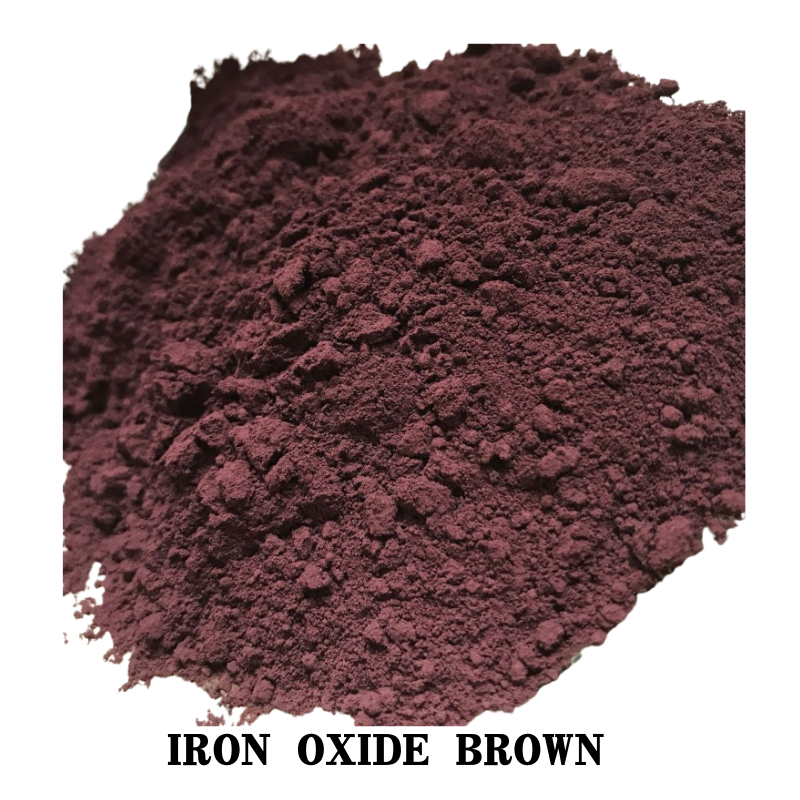
bentonite seal
Understanding Bentonite Seals A Comprehensive Overview
Bentonite, a naturally occurring clay composed primarily of montmorillonite, has become an essential material in various industries, particularly in environmental engineering and construction. One of its most significant applications is in the creation of bentonite seals, which are employed to prevent the migration of liquids—especially groundwater and contaminants—in diverse settings such as landfills, ponds, and mine tailings. This article delves into the properties of bentonite seals, their applications, benefits, and considerations for effective implementation.
Properties of Bentonite
Bentonite is renowned for its unique swelling properties. When mixed with water, bentonite can expand significantly, creating a dense barrier that is both impermeable and capable of self-sealing. This characteristic makes it a preferred choice for sealing applications. The clay's high plasticity and cohesion enable it to form strong bonds with the surrounding soil, enhancing its effectiveness in preventing leakage.
Another key property of bentonite is its adsorption ability. It can bind to various contaminants, thus reducing their mobility in the environment. This feature is particularly beneficial in applications aimed at environmental remediation, where the goal is to minimize the spread of hazardous substances.
Applications of Bentonite Seals
1. Landfill Liners Bentonite is often used as a key component in landfill liners, providing a robust barrier against leachate—the liquid that drains or leaches through solid waste. By preventing leachate from contaminating the surrounding soil and groundwater, bentonite seals play a crucial role in protecting environmental health.
2. Earthen Dams and Embankments In the construction of earthen dams, bentonite seals are utilized to prevent water seepage, which can compromise the structural integrity of the dam. The use of bentonite in these applications ensures that water is contained, thereby enhancing safety and operational efficacy.
3. Mining Operations Bentonite seals are also implemented in mining operations, particularly in tailings management. They help in controlling the movement of water through mine tailings, reducing the risk of contamination to nearby water bodies and minimizing environmental impact.
4. Environmental Remediation In situations where contaminated sites require remediation, bentonite seals can be installed to contain contaminants. By creating a barrier that prevents the spread of pollutants, bentonite aids in the successful rehabilitation of degraded sites.
Benefits of Using Bentonite Seals
bentonite seal

The use of bentonite seals offers numerous advantages
- Cost-Effectiveness Bentonite is generally abundant and relatively inexpensive compared to synthetic sealing materials. This affordability makes it an attractive option for many projects.
- Environmentally Friendly As a natural material, bentonite is less harmful to the environment compared to chemical alternatives. Its application aligns with sustainable practices in environmental management.
- Long-Lasting Performance When properly installed and maintained, bentonite seals can provide effective long-term protection due to their self-sealing properties and resistance to degradation.
- Versatility Bentonite can be used in various forms—such as powdered, granules, or in slurry—making it adaptable for different sealing applications.
Considerations for Implementation
While bentonite seals provide numerous benefits, certain factors must be considered during implementation
- Soil Compatibility The effectiveness of bentonite seals can depend on the type of soil present at the site. Conducting thorough geotechnical assessments prior to installation is crucial.
- Water Content The initial water content of bentonite is vital for its swelling capacity. Ensuring that the bentonite is adequately hydrated during installation will maximize its performance.
- Compaction Proper compaction is necessary to achieve the desired density and impermeability. Inadequate compaction can lead to ineffective seals that may fail over time.
In conclusion, bentonite seals represent a key advancement in the field of environmental engineering and construction. Their unique properties, coupled with a wide range of applications, make them an invaluable asset in efforts to protect our ecosystems. By understanding the benefits and considerations associated with bentonite, industry professionals can effectively harness its potential for a more sustainable future.
Share
-
Vermiculite Wholesale – Premium Quality, Bulk Supply & Competitive PricingNewsJun.10,2025
-
Premium Glass Pebbles Custom Glass Pebbles Factory & OEM Manufacturer Reliable Custom Glass Pebbles FactoriesNewsJun.10,2025
-
Expert Custom Zeolite Producers Manufacturers & FactoriesNewsJun.10,2025
-
Custom Glow in the Dark Beads High-Quality Custom ManufacturersNewsJun.10,2025
-
China Ceramsite Balls Factory - Lightweight & Durable Media Solutions ManufacturerNewsJun.09,2025
-
Custom Matte Mica Powder Manufacturers High Quality & AffordableNewsJun.09,2025






